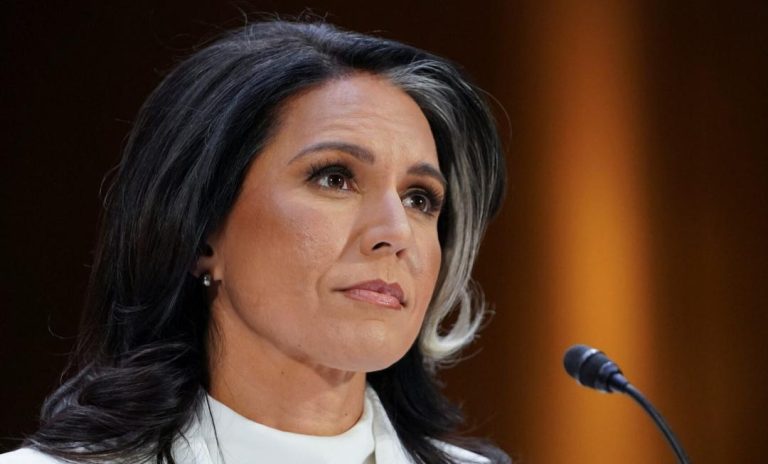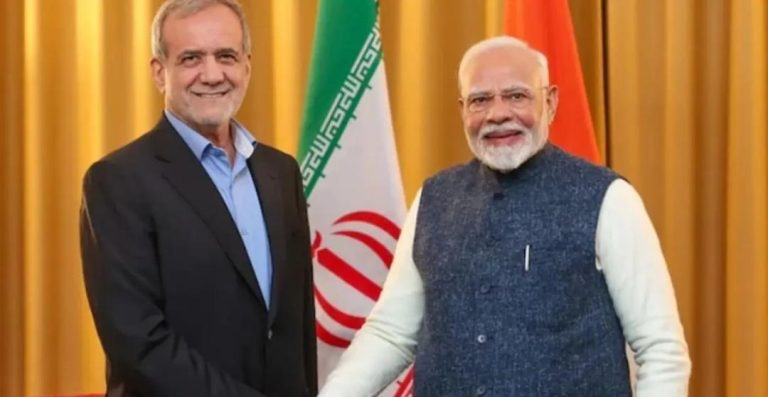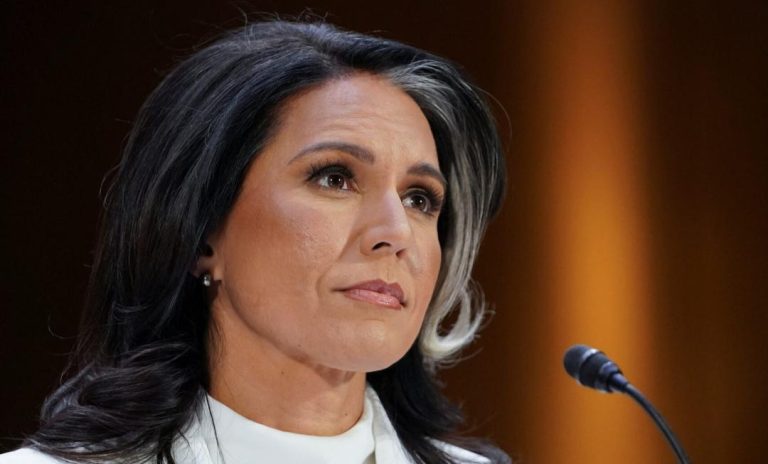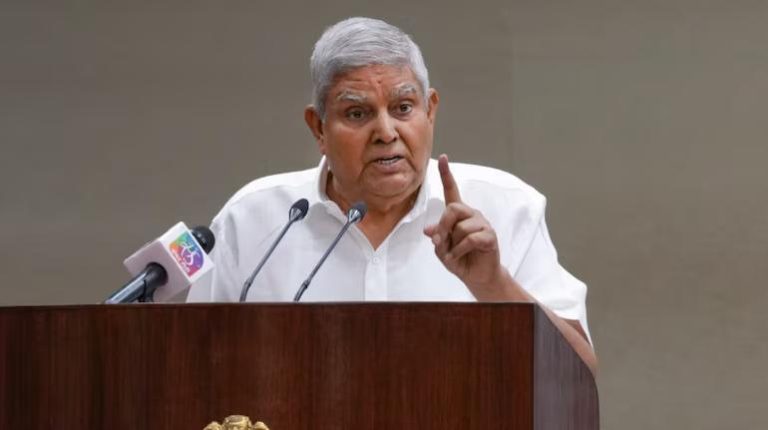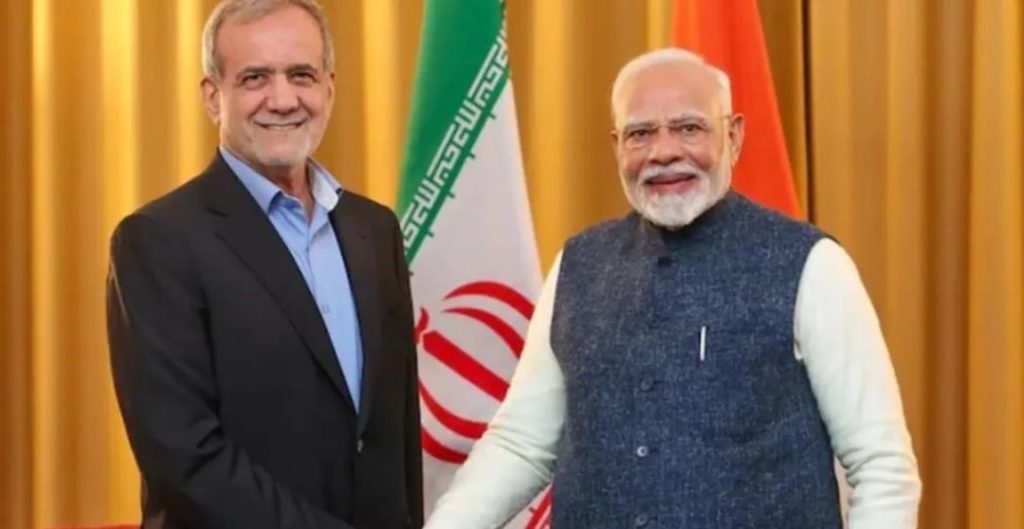
Iran Offers to Mediate between India & Pak after Pahalgam Attack
The recent terrorist attack in Pahalgam, Jammu and Kashmir, has sent shockwaves across the Indian subcontinent, escalating tensions between India and Pakistan. As the two nations trade barbs and impose economic sanctions on each other, Iran has stepped forward to offer its services as a mediator to ease the standoff. In a statement, Iran’s Foreign Minister Seyed Abbas Araghchi emphasized Tehran’s willingness to use its “good offices” in Islamabad and New Delhi to promote greater understanding and cooperation between the two countries.
The attack on Pahalgam, which claimed the lives of at least 10 people, including two women, and injured several others, has been widely condemned by the international community. India has accused Pakistan-based terrorist groups of being responsible for the attack, while Pakistan has denied any involvement. The incident has further strained the already tense relations between the two nations, with India suspending the Indus Waters Treaty, a 56-year-old accord that governs the sharing of water resources between the two countries.
Iran’s offer to mediate comes at a time when the situation between India and Pakistan is at a boiling point. The two countries have been engaged in a series of escalating skirmishes along the Line of Control (LoC), which has seen the exchange of heavy mortar and artillery fire. India has also taken the unprecedented step of downgrading diplomatic ties with Pakistan, expelling its envoy, and suspending bilateral trade and cultural exchanges.
Tehran’s proposal to mediate between India and Pakistan is not a new development. Iran has historically played a significant role in regional diplomacy, often acting as a bridge between rival nations. In the past, Iran has mediated disputes between Pakistan and Afghanistan, and has also played a key role in the negotiations between Iran and the United States over the 2015 nuclear deal.
Iran’s Foreign Minister Seyed Abbas Araghchi, in his statement, emphasized the importance of dialogue and cooperation in resolving the standoff between India and Pakistan. “Tehran stands ready to use its good offices in Islamabad and New Delhi to forge greater understanding at this difficult time,” he said. Araghchi also underscored the need for the international community to come together to address the root causes of terrorism and extremism in the region.
India and Pakistan have a long history of tensions, with their relationship often defined by conflict and mistrust. The two countries have fought three wars since their partition in 1947, and have been engaged in a low-intensity conflict along the LoC for decades. The recent attack in Pahalgam has only added to the already volatile situation, with both sides trading accusations and threats.
In response to Iran’s offer to mediate, India has welcomed the gesture, but has also emphasized the need for Pakistan to take concrete action against terrorist groups operating on its soil. “We appreciate Iran’s willingness to play a constructive role in promoting peace and stability in the region,” said an Indian government spokesperson. “However, we expect Pakistan to take concrete steps to dismantle terrorist infrastructure and bring perpetrators of the Pahalgam attack to justice.”
Pakistan, on the other hand, has rejected India’s accusations of involvement in the attack, and has instead accused India of trying to divert attention from its own human rights abuses in Kashmir. “Pakistan is committed to promoting peace and stability in the region, and we are willing to engage in dialogue with India to resolve outstanding issues,” said a Pakistani government spokesperson.
The offer by Iran to mediate between India and Pakistan comes at a critical juncture in the region. The recent attack in Pahalgam has highlighted the need for regional powers to work together to address the threat of terrorism and extremism. Iran’s proposal to mediate can be seen as a welcome development, especially considering the country’s history of playing a constructive role in regional diplomacy.
However, the path to reconciliation between India and Pakistan is likely to be long and arduous. The two countries have deeply entrenched positions and a history of mistrust, making it challenging to find a lasting solution. Nevertheless, Iran’s offer to mediate provides a glimmer of hope, and underscores the importance of regional diplomacy in resolving conflicts.
In conclusion, Iran’s offer to mediate between India and Pakistan is a significant development in the wake of the Pahalgam attack. The proposal underscores the importance of dialogue and cooperation in resolving conflicts, and highlights the need for regional powers to work together to address the threat of terrorism and extremism. As the situation between India and Pakistan continues to unfold, it is essential for regional powers to play a constructive role in promoting peace and stability in the region.
